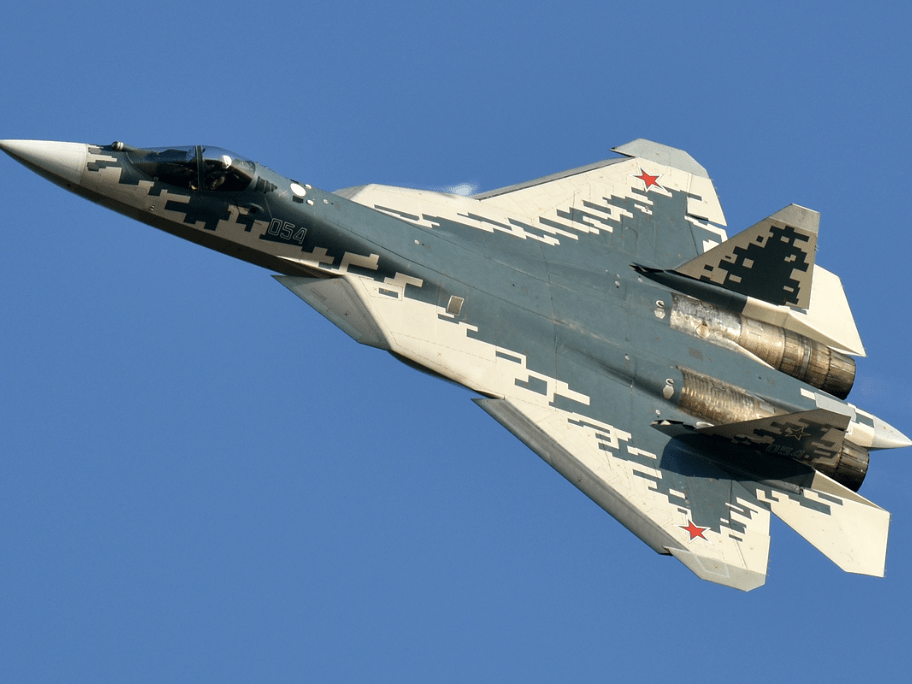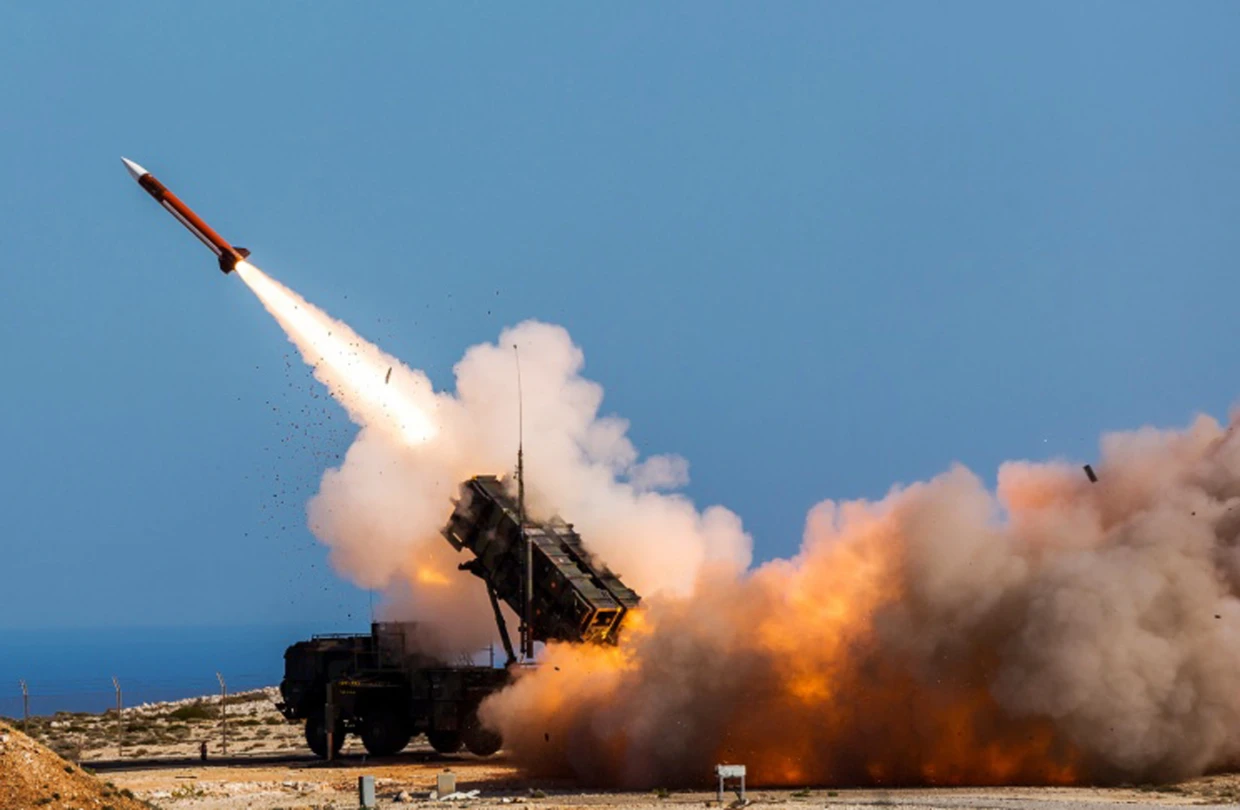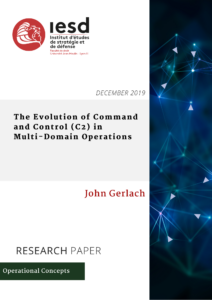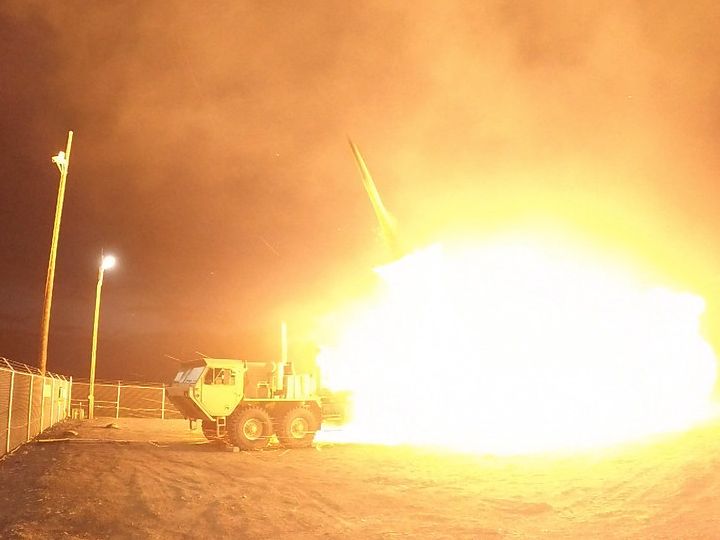
The Evolution of Command and Control (C2) in Multi-Domain Operations
Abstract
Over the past two decades, several states in competition with the United States have capitalized on advances in technology and are now capable of challenging U.S. operational dominance in all domains. To counter this threat, the United States and its allies have adopted a doctrine of “multi-domain operations”. The complexity of this new strategy requires advances in communications technology, evolution and adaptation of artificial intelligence, and an overhaul of current command structures and processes. The objective of this research note is to measure the effects of multi-domain operations on command and control (C2), through a comparison of current C2 capabilities and future C2 tasks. This analysis will allow us to propose several recommendations, such as the implementation of a joint information sharing system, the adaptation of artificial intelligence software, and the necessary implementation of structural reforms.
About the Author
John Gerlach is an associate researcher in international security and defense at the University of Lyon III, Jean Moulin School of Law, Lyon France. He graduated Syracuse University (2006), with a Bachelor of Science in Aerospace Engineering and a Master of Social Sciences (2014). After graduating university, he was commissioned in the United States Air Force and received his pilot wings in 2008. He has completed multiple deployments in support contingency operations overseas piloting the C-17 Globemaster III aircraft. Prior to moving to France as part of the Olmsted Scholar program, he was an instructor at the United States Air Force Weapons School. Recently, John received his Master Degree in International Security and Defense (2019) from the University of Lyon III, Jean Moulin School of Law.
The status quo is no longer able to effectively respond to adverse operational challenge in a multi-domain environment: command and control must evolve.

Operational concepts

The political construction of the French nuclear consensus
Strategic research and historiography put forward the idea of a French national consensus on foreign and security policy based on the rallying of the left to the strike force at the end of the 1970s.

Analysis of Russian Airpower in the 21st Century
Russia intends on utilizing its airpower to conduct offensive power projection in neighboring countries and to defend itself from Western encroachment.
À lire également

The silent masters of the oceans: the strategic and non-proliferation implications of nuclear-powered submarines in Australia and Brazil
At the International Atomic Energy Agency (IAEA) General Conference in 2022, Director General Rafael Grossi emphasizes that “the world of nuclear proliferation and safeguards is changing,” and that this change creates important technical and political challenges. The announcement of the AUKUS agreement and the progress of Brazil’s nuclear-powered submarine program reflect regional geopolitical realignments. Internationally, the IAEA safeguards system is challenged by these developments insofar as they entail risks of nuclear proliferation. How does the acquisition of nuclear-powered submarines impact both the regional and international strategic balance and nuclear non-proliferation norms? The purpose of this research note is to analyze the geopolitical motivations of nuclear-powered submarine programs in Australia and Brazil and their implications for nonproliferation instruments.
𝐉𝐚𝐧𝐮𝐚𝐫𝐲 𝟐𝟎𝟐𝟑

High strategic capabilities and defensive military assistance in the Ukraine war: the double threshold dilemma
One of the major elements of the Russian-Ukrainian confrontation is of course its potential nuclear nature. This dimension encourages the Biden administration not to let the war in Ukraine degenerate into a major conflict that would directly oppose Americans and Russians. This limit makes the problem of Western co-belligerence a key element in the political-military equation of the conflict. Taking this context into account, this note relates the tactical-operational “threshold” related to this arms supply to a second threshold of a politico-strategic nature, which in turn is influenced by the phenomenon of the interconnection of high strategic capabilities, and which opens up the delicate concept of multi-domain deterrence.
𝐉𝐚𝐧𝐮𝐚𝐫𝐲 𝟐𝟎𝟐𝟑



